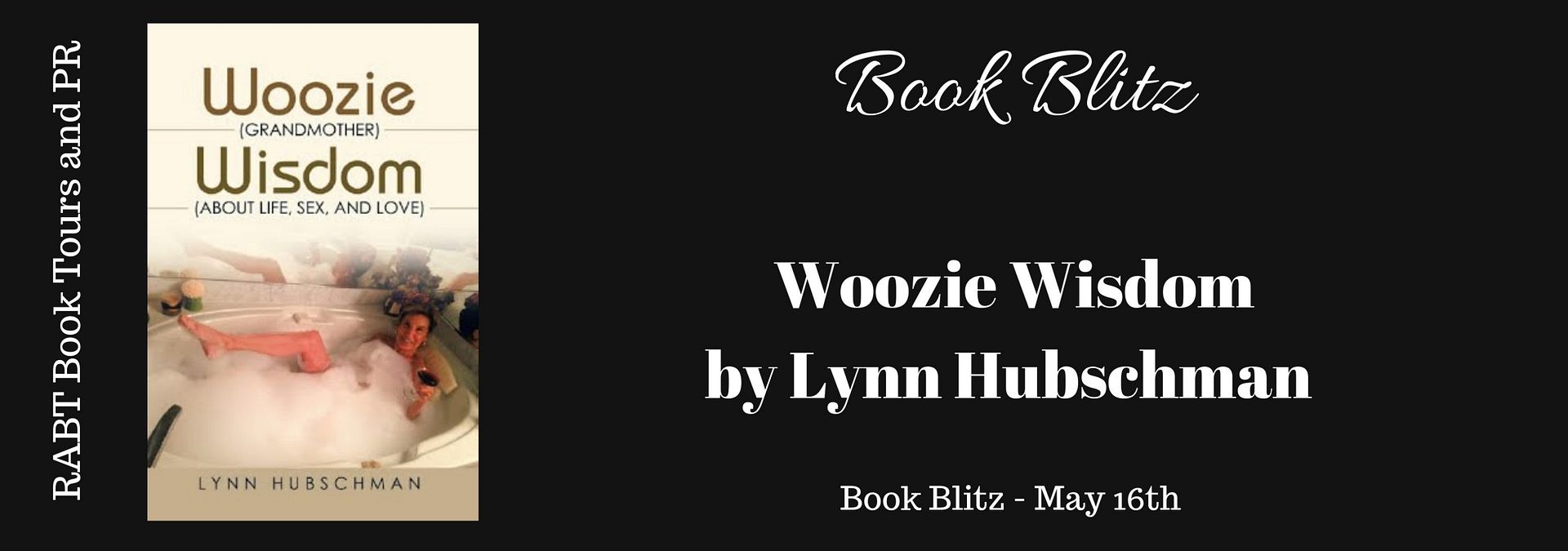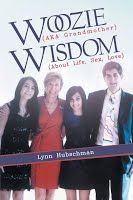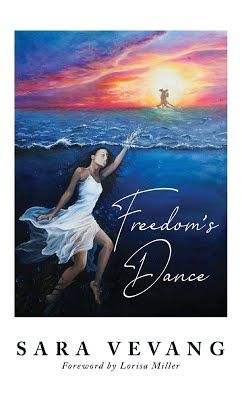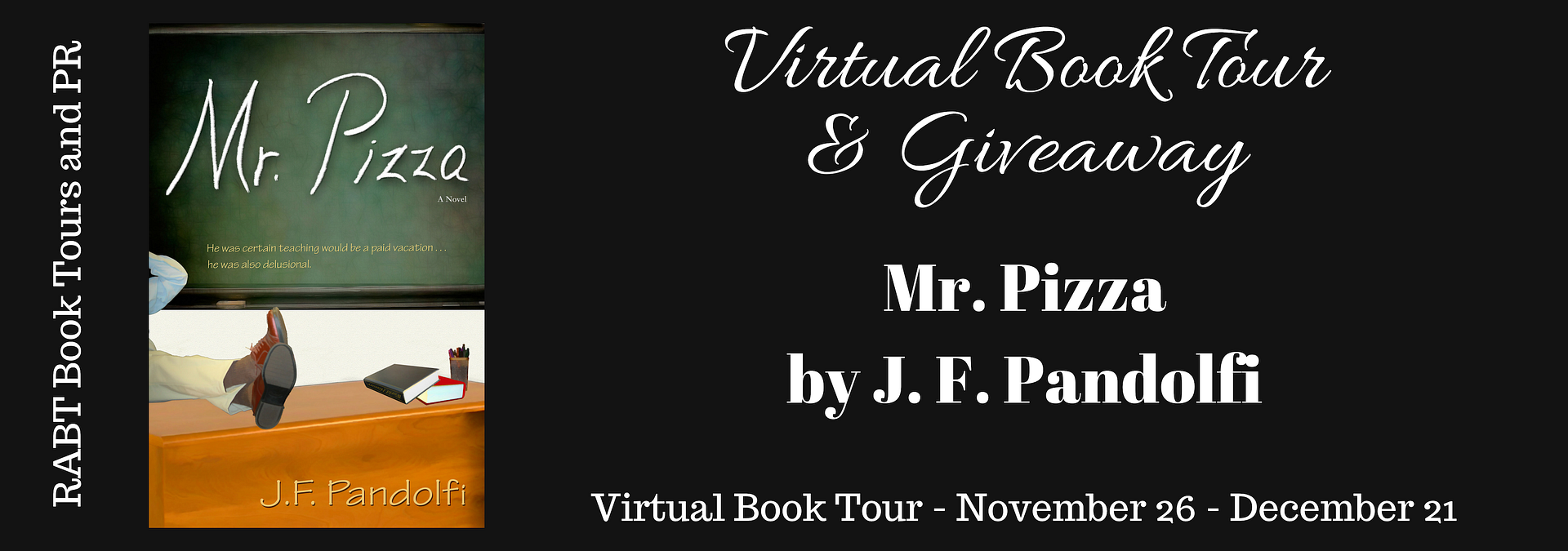Have you ever wondered how an author comes up with pages and pages of content that keep you absorbed for hours or even days? How do they edit it so it’s error-free and worthy of being read? In this guest post, J. F. Pandolfi, author of Mr. Pizza, a mainstream novel, takes us behind the scenes and shows us what his writing and editing process is like. Enjoy!
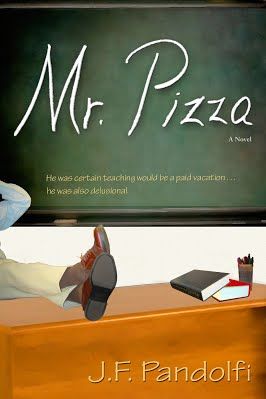
Date Published: August 3, 2018
Publisher: L&A Publications
Most people make at least one really harebrained decision in their life. Just ask Tony Piza. Deciding he needs a “paid vacation” for a year after college, Tony lands a job teaching at a Catholic elementary school. Talk about the Moby Dick of miscalculations. His pathetic effort is making him look bad, crimping his love life, and leaving him feeling guilty. A new approach, fueled by his irreverent humor, makes him a hit with his students. But it riles the powers that be. A showdown seems inevitable. Whether he can survive it—well, that’s something else.
My Writing Process—Still a Work in Progress
by
J. F. Pandolfi
Writing fiction pretty much involves coming up with a beginning, a middle, and an end. But it’s how we choose to get from one phase to another that can be all over the map.
In writing “Mr. Pizza”, my first novel, I synopsized every scene before penning the first word of the first chapter. Some people are just more comfortable planning every step of the journey upfront. In my case, I think that resulted from having practiced law for many years, which has a tendency to induce chronic anal retentiveness. That said, during the course of writing there were times when the story decided it wanted—even needed—to veer off the pre-determined path. Those detours turned out to be the most exhilarating part of the experience for me.
So for my new book—a sequel that takes place twelve years after the first book ends—I decided to toss out the old game plan. I knew the general storyline I wanted to pursue, but that was it. I just started writing. I’m currently about a quarter of the way through my projected page count. Has it been unsettling? You bet. Like being adrift on a raft in open seas. Or how I felt when my parents took away my pacifier when I was eleven. (What, like you don’t have any issues?) Another thing that required getting used to was taking time after a chapter to figure out what comes next. Other than those occasional detours I mentioned, I didn’t have to deal with that in writing “Mr. Pizza”.
On the whole, I think the occasional angst, and the sometimes lengthy post-chapter interludes, have been a fair trade-off for the excitement of making new discoveries as each chapter comes into focus. But that may change as I get deeper into the book. I’ll have to see. If I find it’s turning out not to be the ideal route, I’ll tinker with some hybrid middle ground.
Another subject I wanted to touch on is: revising your work, i.e. self-editing. It’s something we all need to do, more than once, before having a professional editor take a look. There’s a theory that says you shouldn’t edit on-the-fly. Get through your first draft, then go back to the beginning and start editing. Supposedly, editing as you go disrupts your artistic flow.
But I need to do my first edit of a chapter as soon as the chapter is done. It has to feel right to me before I can move on. I don’t think it’s blocked up my creative aqueduct. (Although I’m not a psychologist, neurobiologist, or plumber.) I’ve also found there’s a practical benefit to how I work. If you change something substantive in a chapter, it could impact a subsequent chapter. By editing each chapter as I write, I can limit—to a degree—that potential domino effect. I may make additional changes when I re-edit, but they’re usually not as significant.
Writing doesn’t lend itself to one-size-fits-all. Explore the self-editing process until you find the method you’re most comfortable with.
Keep writing, and good luck!
About the Author
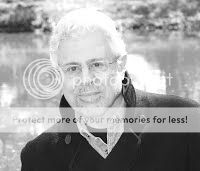
J. F. Pandolfi went to Fordham University as an undergrad, then taught at a Catholic elementary school before attending Fordham Law School.
Practicing law certainly had its moments, but to call it “utter euphoria”—well, that was a stretch. Plus, the voices that had taken up residency in his head (rent-free, the deadbeats) kept insisting that he share his writing with the world. An award for his flash fiction piece, “Psychology for Dummies”, convinced him that the voices might be on to something. And so he called upon his fond memories as a teacher, which served as a backdrop to his debut novel, “Mr. Pizza”.
J. F. also briefly believed he had won the New York City Marathon. Alas, it turned out to be a dream, apparently brought on by an acute case of restless leg syndrome.
A staunch supporter of the fight to eradicate adult illiteracy, J. F. was accorded a Special Recognition in Literacy Award for his efforts.

